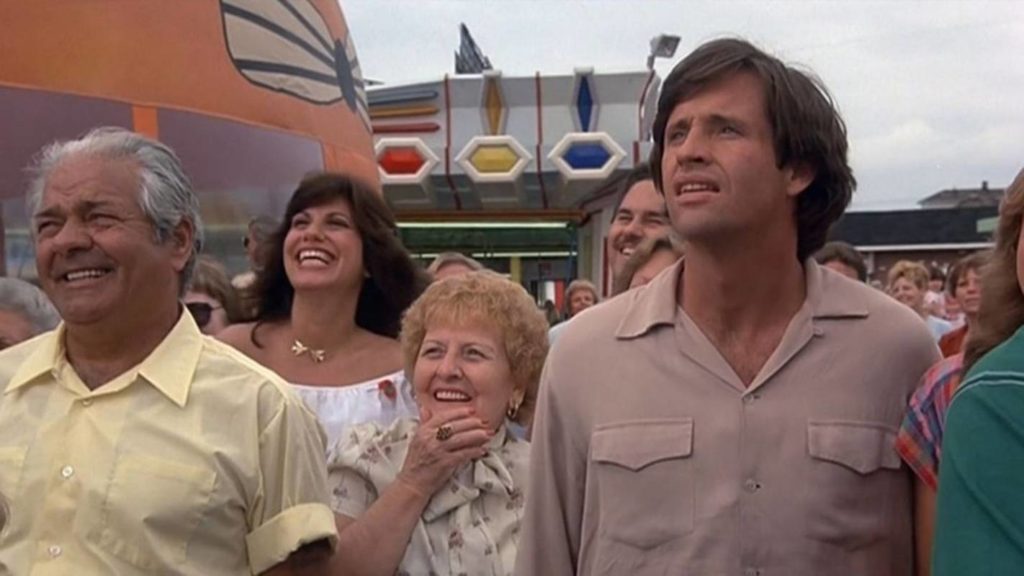
This is the ninth in a series of fifteen planned reviews of the films of John Flynn. During his 33-year career, Flynn directed everything from intimate character studies of volatile, potentially violent men to dark revenge films to early Steven Seagal vehicles and everything in between. Utilizing a spare style of filming that subscribed to the idea that the audience should not be aware of the director, Flynn placed an emphasis on strong performances and cleanly shot and edited action sequences that showcased impressive stunt work. His films show how a director with a clear vision can elevate even the most generic potboiler into a sturdy genre film worthy of rediscovery, yet most film buffs do not know his name.
John Flynn was no stranger to melodrama. The heightened emotions and plot manipulations of melodrama run through THE SERGEANT, DEFIANCE, and even some of Steven Seagal’s weepier monologues about his childhood in OUT FOR JUSTICE. There is a less manipulative strain of melodrama in ROLLING THUNDER and THE OUTFIT, so it should not come as a surprise that TOUCHED turns out to lean heavily on old Hollywood, five-hankie melodramatic storytelling. That a film from 1983 is able to pull off such a trick while focusing on two mentally ill characters without playing them too broadly is almost a miracle.
Daniel (Robert Hays) is a patient in a low-security mental institution. When the film begins, he is described by a doctor as having issues with anxiety and lashing out against authority when frustrated. The plan laid out is to continue him on his regimen of drugs and send him to a “rehabilitation center” where he will train to become a “messenger boy” (for you folks under the age of 40—they intend to train him to deliver telegrams). But Daniel has been stealthily palming his meds for months and disposing of them. With a clear head, he argues against what is apparently the routine of being sent off to become a “messenger boy” since he is capable of so much more. But the doctors and staff—represented by an orderly named Ernie (Gilbert Lewis) who obnoxiously refers to himself in the third person—condescendingly treat Daniel as something closer to a pet to be protected and humored than as a human being capable of growth and self-sufficiency
By the time Jennifer (Kathleen Beller) arrives at the hospital, Daniel has begun to form an escape plan. Jennifer appears to be around eighteen to twenty-years-old and has been diagnosed as a paranoid schizophrenic. Other than the fact that she refuses to talk, Jennifer does not seem to be too far away from full use of her mental faculties. It is implied through glances and body language that her mother is simply tired of dealing with her and wants to be free to move on with her new boyfriend. After just a few days at the hospital, Jennifer takes a shine to Daniel and speaks to him, much to the surprise of the staff.
Daniel follows through on his escape, but before leaving, he promises Jennifer that he will return to spring her after he finds a job. Having spent most of his adult life in a mental institution, Daniel finds himself alone in the world with no real job skills. He does not even have a driver’s license. But a chance meeting at a seedy carnival in a New Jersey summer resort town with a junky/carny named Timothy (the film’s screenwriter Lyle Kessler) leads to a job working in the dunk booth owned by a shifty guy named Herbie (Ned Beatty).
It seems Daniel has a talent for putting on a garish costume and firing off rapid, improvised insults at the crowd, getting them to shell out money repeatedly for balls to try and knock him off his perch and into the pool below. Despite his insular nature, Daniel befriends Timothy and saves his cut of the money that Herbie takes in. After a few weeks of this routine, Daniel rents a small house and makes good on his promise to Jennifer, breaking her out of the institution. He lets her stay at his house, but tells her up front that he kept his word, but now he has no responsibilities toward her and she has none toward him. Despite this somewhat chilly proclamation, Daniel and Jennifer grow closer, even as the strain of life in the real world drags them down.
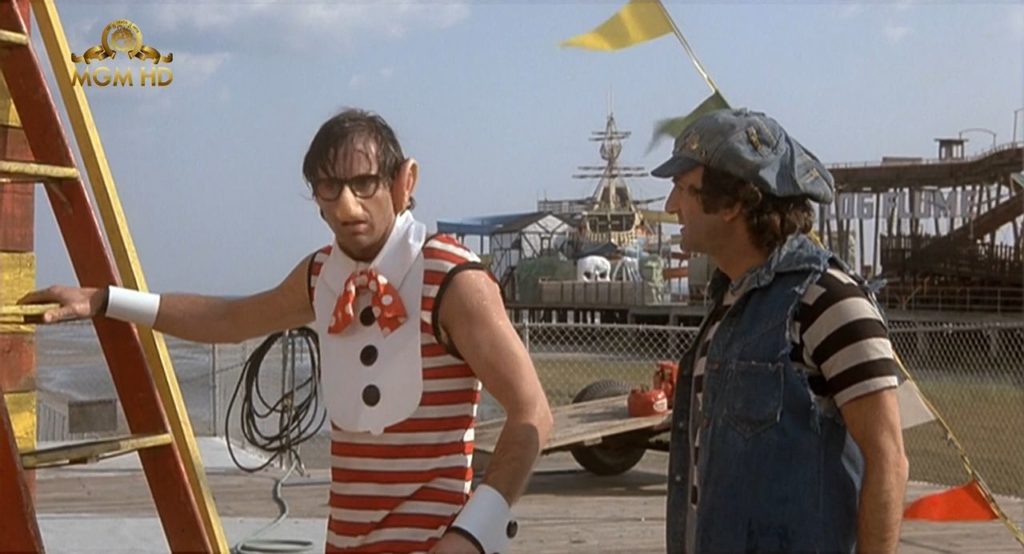
I had deep reservations about approaching TOUCHED for this series. Flynn was a reliable genre director who approached greatness on several films. But this time around, he was working with material that did not allow for the pulpier tendencies that he injected into his best films. TOUCHED was a script that required a careful balance. Go too far in the direction of sappy/tragic melodrama and it could be cloying and strike false notes. Go too far in the direction of comedy and it could be an offensive attempt to turn the pain of mental illness into a “wacky” sitcom. To my surprise, the film manages to maintain the tricky balancing act between the two extremes.
Oddly enough, given that he was then (and is still) best known for his role in the AIRPLANE! movies, the casting of Hays helps sell the film as a straightforward drama. He is a solid anchor, allowing the audience to see the turmoil beneath Daniel’s calm exterior. Never going over-the-top (except in the dunk tank sequences, but those bits are justified by the story), Hays gives Daniel a vulnerable side that is offset a little by a self-righteous anger that causes him to come off as a jerk at times. It’s a smart choice by the actor and Flynn to allow Daniel’s character flaws to show. Letting Daniel come off as a cranky, slightly selfish sort from time to time humanizes him. If he had been perfect, TOUCHED could have been so syrupy as to cause diabetes in viewers. Showing that Daniel has character flaws that have nothing to do with his mental state also keeps him from being defined strictly as a former patient at a mental institution.
Beller is lovely and sympathetic as Jennifer, but is stuck with the slightly more stereotypical role of the helpless young woman who needs to be saved in the first half of the film. Much more interesting is Jennifer’s struggle to establish herself in the world outside of the hospital or her mother’s control because it makes her the wildcard the film needs at the moment she re-enters the storyline. Beller plays Jennifer’s struggles with a combination of fear and frustration that is offset by her unwavering affection for Daniel. Her horrified reaction to seeing people jeer at Daniel as he does his routine in the dunk tank cage is as heartbreaking a moment as I’ve seen in a film in a long time not because of the blunt way it is presented, but for the honest way Beller plays it.
Oddly, for a Flynn-directed film, the supporting cast feels like an afterthought. Beatty is wasted as Herbie. He is given some subtly dark notes to play early on, but a subplot that hints at the seedier side of carny life represented by Herbie is dropped and he gradually becomes a background player. Kessler brings a nice sympathetic edge to the potentially creepy Timothy, but much like Beatty, he is only given a hint of shading before he quickly disappears from the film once he fulfills his purpose in the plot. I have the feeling their characters were extensively cut back in the editing room to keep the runtime close to ninety minutes, which is a real shame.
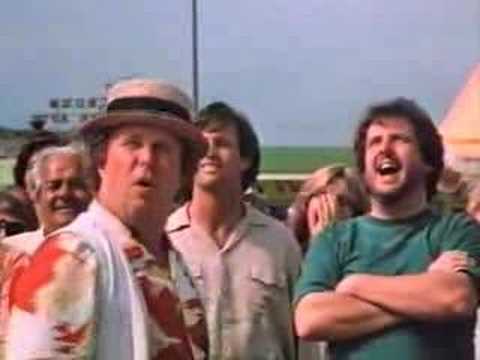
What TOUCHED does especially well is capture the atmosphere of the carnival. Flynn was always especially good at creating worlds that felt and looked real. Here, the texture to the carnival setting is alluring with the colorful lights and sounds of the rides and games at the same time that it feels shabby and broken down with booths covered in flaking paint, the drawn faces of the carnies, and the dirty seaside location where you can practically smell the rotting fish and seaweed that has washed up on the beach. It is a location that has been fully lived in by people holding on to the fringes of society and Flynn captures it in all its faded glory.
The carnival setting is so interesting and real that it is a shame so much of the first act of the story is spent in the hospital. It makes sense for the story to introduce Daniel and Jennifer in that setting, but it feels like a better film could have been made by getting them to the carnival more quickly, gaining time for some of the promising character beats for Herbie and Timothy to play out while Daniel and Jennifer work through their own tentative friendship/possible romance.
Speaking of the possible romance between Daniel and Jennifer, it feels like it straddles the line between sweet and lascivious. It is hard to know how old Jennifer is supposed to be in the film. At the time, Beller was in her mid-20’s, but looked much younger. Hays was in his mid-30’s and looked it. If Jennifer was supposed to be a teenager, their relationship takes on some unwanted baggage that Flynn does not acknowledge. If she is supposed to be in her early 20’s, it is a much more palatable and understandable relationship. I wish Flynn had answered this question to avoid such a possible conflict. As the film stands, I just made the decision to assume Jennifer was old enough to be in an adult relationship so I could judge the movie strictly on the merits of what is on the screen, but I can see how some could potentially consider the age difference a problem.
Along with THE SERGEANT, TOUCHED is only the second of Flynn’s films I have watched that did not include an overt genre element. While it is not as accomplished as THE SERGEANT, TOUCHED does show how Flynn’s economical storytelling style and focus on atmosphere and outsider characters easily carries over from his genre films. While I feel like there is probably a better version of the film somewhere on the cutting room floor, TOUCHED is a fairly respectful and empathetic look at people dealing with mental illness and striving for a more rewarding life. Even with as much as I trust Flynn as a filmmaker, I was surprised by how good of a film it turned out to be.
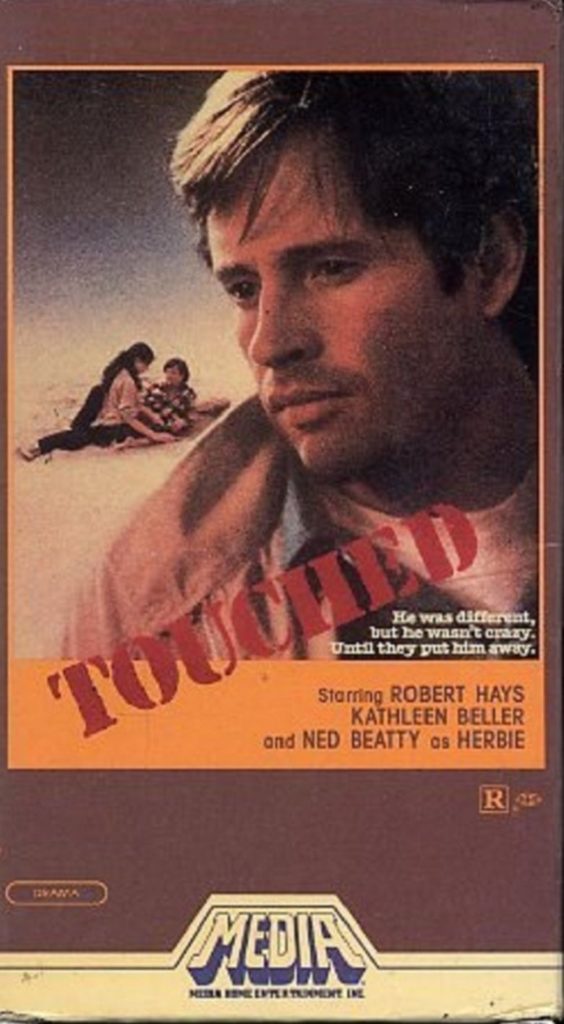
–Matt Wedge (@MovieNerdMatt)
Catch up on previous episodes of our John Flynn retrospective!
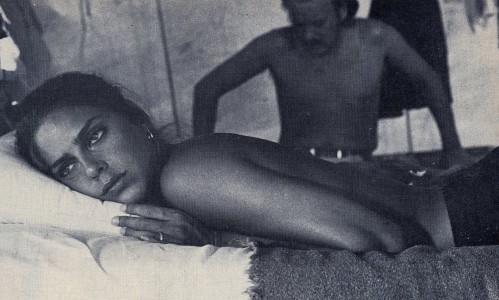
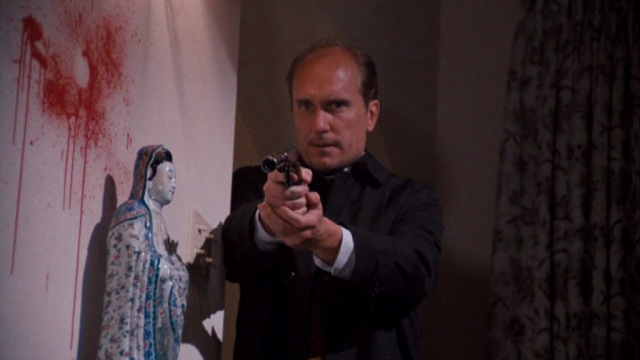

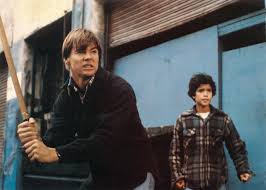
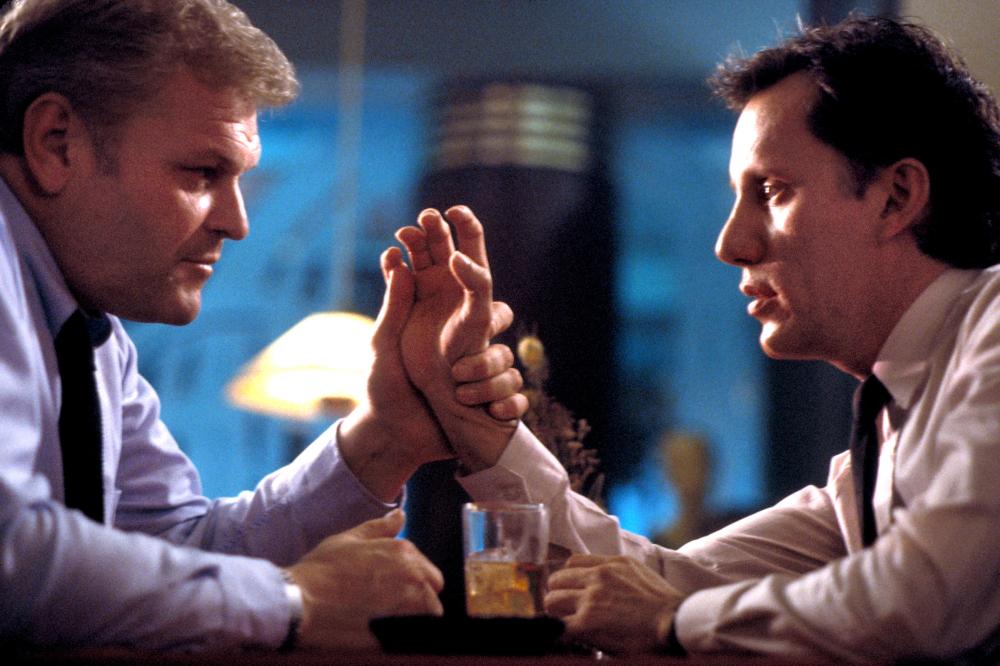
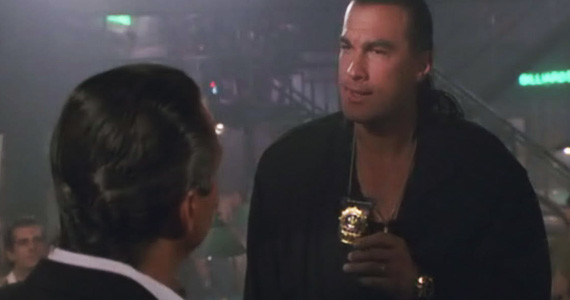
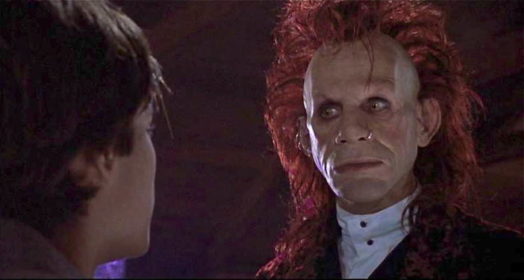
Tags: Gilbert Lewis, john flynn, Kathleen Beller, Lyle Kessler, Melodrama, Ned Beatty, Robert Hays, Touched

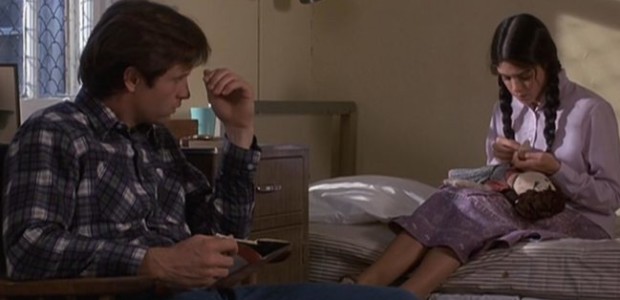
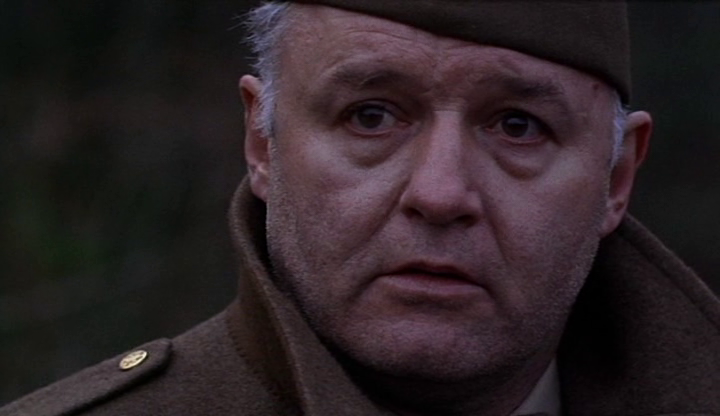
Thank you for this thoughtful and detailed review. I saw the movie on TV perhaps 34 years ago and it has haunted me since. There’s something about it that made it, to a young guy, stand far out and above almost everything he had seen. I now think it was some sense of the mystery of life and the delicacy of beauty.
So I have been searching for this movie for about a year when my co worker was talking about it I have had zero luck was wondering if you remember where you seen or where you bought this movie. It has become my white whale funny enough I’m not even interested if it’s a good movie anymore lol I would love to see the background of wildwood in the 80s mostly and to finally find this film thanks in advance.